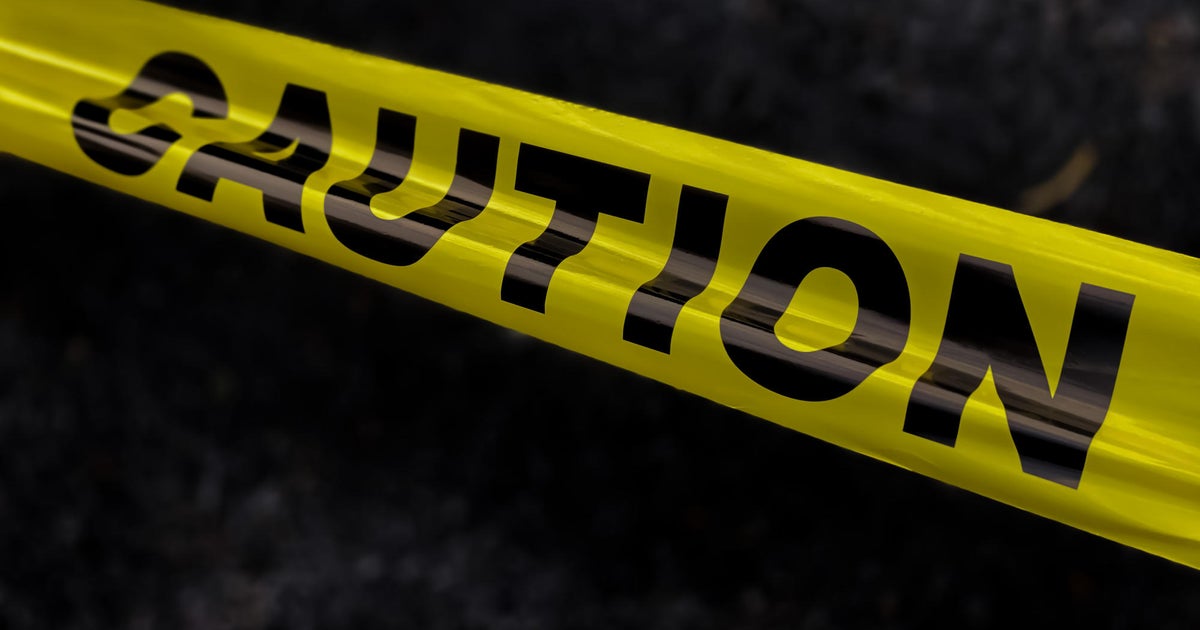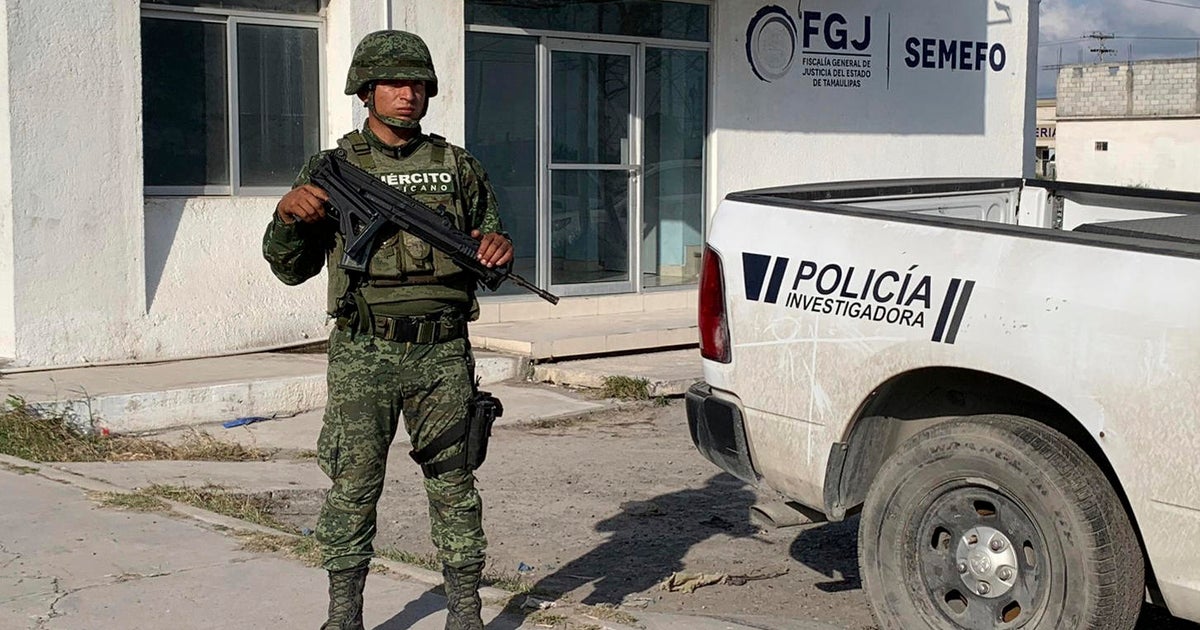Massive explosions in Beirut leave dozens dead and more than 3,000 injured
A massive explosion rocked Beirut on Tuesday, flattening much of the city's port, damaging buildings across the capital and sending a giant mushroom cloud into the sky. More than 70 people were killed and 3,000 injured, with bodies buried in the rubble, officials said.
Hours later, ambulances were carrying away the wounded as army helicopters helped battle fires raging at the port. A soldier at the port, who asked not to be named, told AFP: "It's a catastrophe inside. There are corpses on the ground. Ambulances are still lifting the dead."
It was not clear what caused the blast, which struck with the force of a 3.5 magnitude earthquake, according to Germany's geosciences center GFZ, and was heard and felt as far away as Cyprus more than 180 miles across the Mediterranean. Lebanon's interior minister said it appeared that a large cache of ammonium nitrate in the port had detonated.
The sudden devastation overwhelmed a country already struggling with both the coronavirus pandemic and an economic crisis: Beirut hospitals quickly filled beyond capacity, pleading for blood supplies and generators to keep their lights on.
Interior Minister Mohammed Fahmi told a local TV station that it appeared the blast was caused by the detonation of more than 2,700 tons of ammonium nitrate that had been stored in a warehouse at the dock ever since it was confiscated from a cargo ship in 2014. Witnesses reported seeing an orange cloud like that which appears when toxic nitrogen dioxide gas is released after an explosion involving nitrates.
Videos showed what appeared to be a fire erupting nearby just before, and local TV stations reported that a fireworks warehouse was involved. The fire appeared to spread to a nearby building, triggering the more massive explosion, sending up a mushroom cloud and generating a shock wave.
Witnesses reported seeing a strange orange-colored cloud over the site after the explosion. Orange clouds of toxic nitrogen dioxide gas often accompany an explosion involving nitrates.
An Israeli government official said Israel "had nothing to do" with the blast. He spoke on condition of anonymity because he was not authorized to discuss the matter with the media. Israeli officials usually do not comment on "foreign reports."
Terrorism has not been ruled out.
Michael Ottey, an editor at the Los Angeles Times, tweeted that the newspaper's Middle East correspondent, Nabih Bulos, had been injured in the explosion.
The White House said President Trump had been briefed on the incident. During a Tuesday night press conference, Mr. Trump said the blast "looks like a terrible attack." "Our prayers go out to all the victims and their families. The United States stands ready to assist Lebanon."
The U.S. State Department released a statement saying it was "closely following" the situation.
"We extend our deepest condolences to all those affected, and stand ready to offer all possible assistance," the statement said. "We are working closely with local authorities to determine if any U.S. citizens were affected."
In a shocking video posted online, a BBC reporter was conducting an interview when the blast took place. You can hear the deafening explosion and and then someone crying out.
The blast was stunning even for a city that has seen civil war, suicide bombings and bombardment by Israel. It could be heard and felt as far away as Cyprus, more than 180 miles across the Mediterranean.
"It was a real horror show. I haven't seen anything like that since the days of the (civil) war," said Marwan Ramadan, who was about 500 yards from the port and was knocked off his feet by the force of the explosion.
Emergency teams streamed in from across Lebanon to help, and the injured had to be taken to hospitals outside the capital. Hamad added that hospitals were barely coping and offers of aid were pouring in from Arab states and friends of Lebanon.
Some of those injured lay on the ground at the port, Associated Press staff at the scene said. A civil defense official said there were still bodies inside the port, many under debris.
Beirut's governor, Marwan Abboud, broke into tears as he toured the site, saying, "Beirut is a devastated city."
Initially, video taken by residents showed a fire raging at the port, sending up a giant column of smoke, illuminated by flashes of what appear to be fireworks. Local TV stations reported that a fireworks warehouse was involved.
The fire then appeared to catch at a nearby building, triggering a more massive explosion, sending up a mushroom cloud and a shock wave.
Charbel Haj, who works at the port, said it started as small explosions like firecrackers. Then, he said, he was thrown off his feet by the huge blast. His clothes were torn.
Miles from the port, building facades were shredded, balconies were knocked down and windows shattered. Streets were covered with glass and bricks and lined with wrecked cars. Motorcyclists picked their way through traffic, carrying the injured.
One woman covered in blood from the waist up walked down a trashed street while talking furiously on her phone. On another street, a woman with a bloodied face looked distraught, staggering through traffic with two friends at her side.
"This country is cursed," a young man passing by muttered.
The blast came at a time when Lebanon's economy is facing collapse from the financial crisis and the coronavirus restrictions. Many have lost jobs, while the worth of their savings has evaporated as the currency has plunged in value against the dollar. The result has thrown many into poverty.
It also occurred amid rising tensions between Israel and the militant Hezbollah group along Lebanon's southern border.
The explosion was reminiscent of massive blasts during Lebanon's civil war and took place only three days before a U.N.-backed tribunal was set to give its verdict in the killing of former Prime Minister Rafik Hariri in a truck bombing more than 15 years ago. That explosion, with a ton of explosives, was felt miles away, just like Tuesday's explosion.
Several of Beirut's hospitals were damaged in the blast. Roum Hospital put out a call for people to bring it spare generators to keep its electricity going as it evacuated patients because of heavy damage.
Outside the St. George University Hospital in Beirut's Achrafieh neighborhood, people with various injuries arrived in ambulances, in cars and on foot. The explosion had caused major damage inside the building and knocked out the electricity at the hospital. Dozens of injured were being treated on the spot on the street outside, on stretchers and wheelchairs.
"This is a catastrophe we have on our hands," said one doctor, speaking on condition of anonymity because he was not authorized to make press statements.
Chris Livesay contributed to this report.








